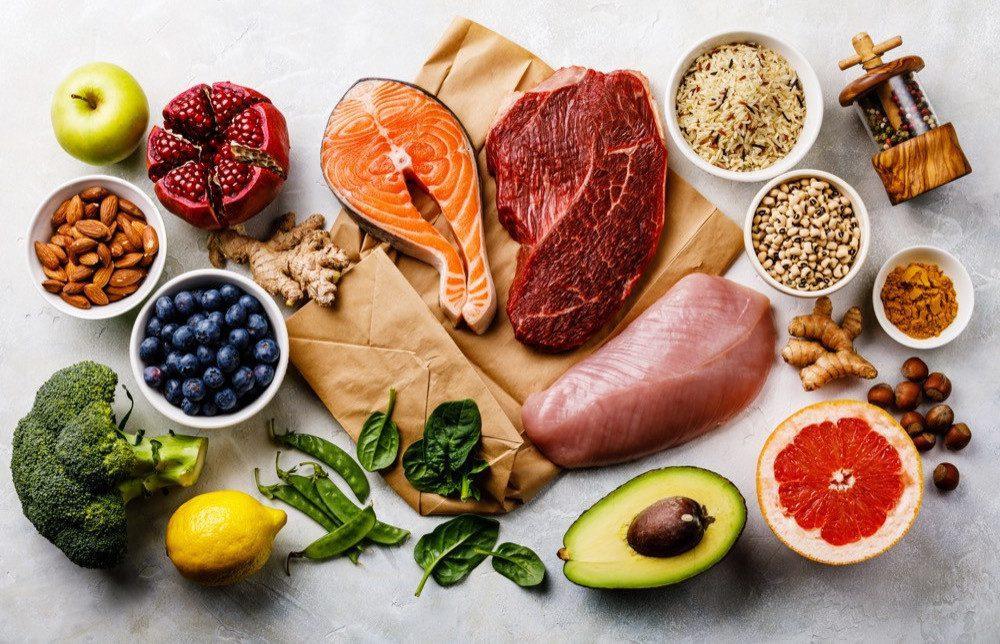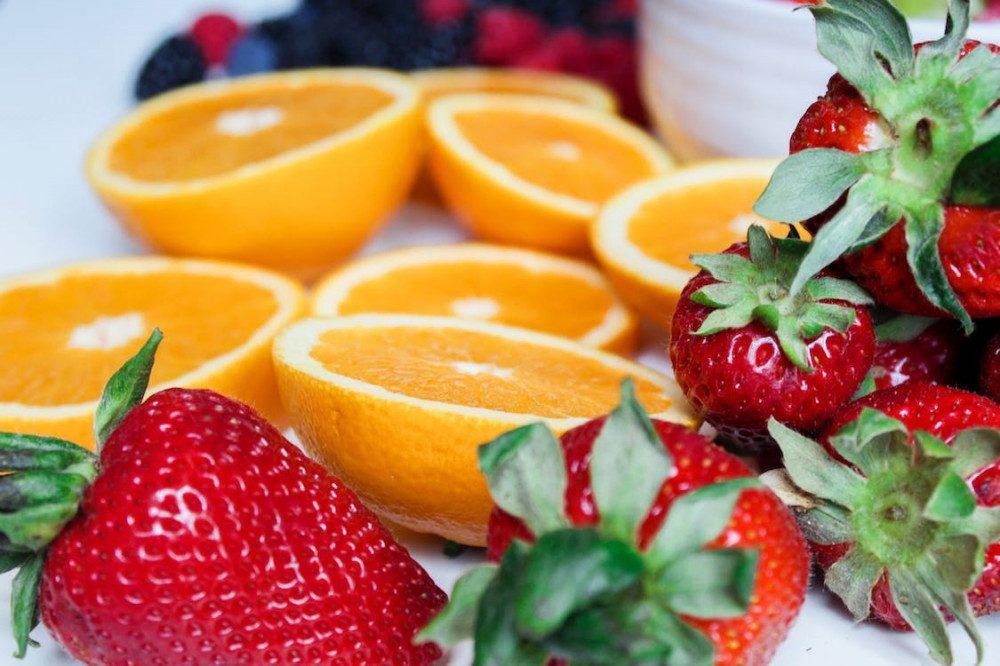Most all health experts extol the benefits of a low sugar diet for overall health. A low-sugar diet focuses on reducing the consumption of added sugars, sweeteners, and foods containing natural sugars. It offers a more practical approach compared to a no-sugar diet, which restricts healthy fruits and vegetables that naturally contain sugars. Embracing a low-sugar diet can yield health advantages such as weight management and a reduced risk of chronic illnesses. Its primary aim is to maintain optimal glucose levels in the body.
Adopting a low-sugar diet can heighten your awareness of daily sugar intake, fostering a healthier and more balanced eating pattern. This diet may prove particularly beneficial if you face a high risk of diabetes, have been diagnosed with pre-diabetes, or currently manage diabetes.
A Little More About Sugar
Sugar is a type of carbohydrate found in various forms, including sucrose (table sugar), fructose, galactose, glucose, lactose, and maltose. While carbohydrates are essential, sugar itself is not harmful.
Sugar is not inherently bad; our bodies use sugar for energy. However, there’s a difference between added sugar in processed foods and natural sugars found in fruits, dairy, and grains. Excessive added sugar consumption can lead to health problems like high blood sugar, obesity, and dental issues.
Natural Sugar vs. Artificial Sweeteners
Sugar substitutes are sweeteners that don’t contain sugar. They come in three categories: artificial sweeteners, sugar alcohols, and novel sweeteners. These can be useful for reducing calorie intake but may have health considerations.
The U.S. Food and Drug Administration (FDA) and other health agencies around the world consider artificial sweeteners safe for human consumption. However, scientific evidence is still in progress. And the use of artificial sweeteners remains controversial.
Artificial Sweeteners: Much sweeter than sugar, they have no calories but may have safety concerns in high amounts. Examples include aspartame, sucralose, and saccharin.
Sugar Alcohols: Less sweet than artificial sweeteners, they’re found in some processed foods but can cause digestive issues in some people. Examples include xylitol and erythritol.
Novel Sweeteners: Derived from natural sources, they have benefits of both artificial and natural sweeteners. Examples include stevia and monk fruit, which are considered safe.
Both artificial sweeteners and regular sugar can be addictive, but research indicates that prolonged consumption of artificial sweeteners may have more adverse effects on the body.
While initial studies raised concerns about a potential link between artificial sweeteners and cancer, Dr. Melissa Young, of the Cleveland Clinic, emphasizes that this connection has not been definitively established. However, research has demonstrated that the consumption of artificial sweeteners is associated with various other health issues, including:
- Obesity
- Hypertension
- Metabolic syndrome
- Type 2 diabetes
- Heart disease
Should I Completely Cut Sugar from My Diet?
Sugar is not inherently harmful; in fact, it plays a crucial role in our bodies as an essential source of energy. Our bodies rely on sugar for fuel, with carbohydrates from food being processed into glucose, a form of sugar. Cells extract this glucose from the bloodstream to power our bodily functions and provide energy. Therefore, completely eliminating sugar, especially natural sources of sugar and other carbohydrates from your diet, such as fruits, dairy products, and grains, is not a wise or healthy choice.
What is healthy is being mindful of where your sugar comes from. Focus upon natural sugars from fresh fruit and other sources while trying to minimize refined added sugars in processed foods and sugary drinks. Lastly, diets like keto that eliminate all carbohydrates and sugars should be approached with caution.
Smart Ways to Stay Healthy
To reduce refined sugars in your diet:
- Use sugar substitutes like stevia, but sparingly
- Focus on whole foods like fruits, vegetables, whole grains, dairy, lean proteins, and nuts
- Avoid sugary beverages
- Use whole fruit as a sweetener in recipes
- Read nutrition labels to avoid foods with added sugars, even if they seem healthy
Remember, moderation and balance are key when it comes to sugar intake. I recommend you also check out my article titled “Foods That Heal the Body”.

Article Sources
- Johns Hopkins Medicine; Facts About Sugar and Sugar Substitutes
- Cleveland Clinic Health Essentials; This Is Why Artificial Sweeteners Are Bad for You
- Very Well Fit; What Is the Low Sugar Diet?

